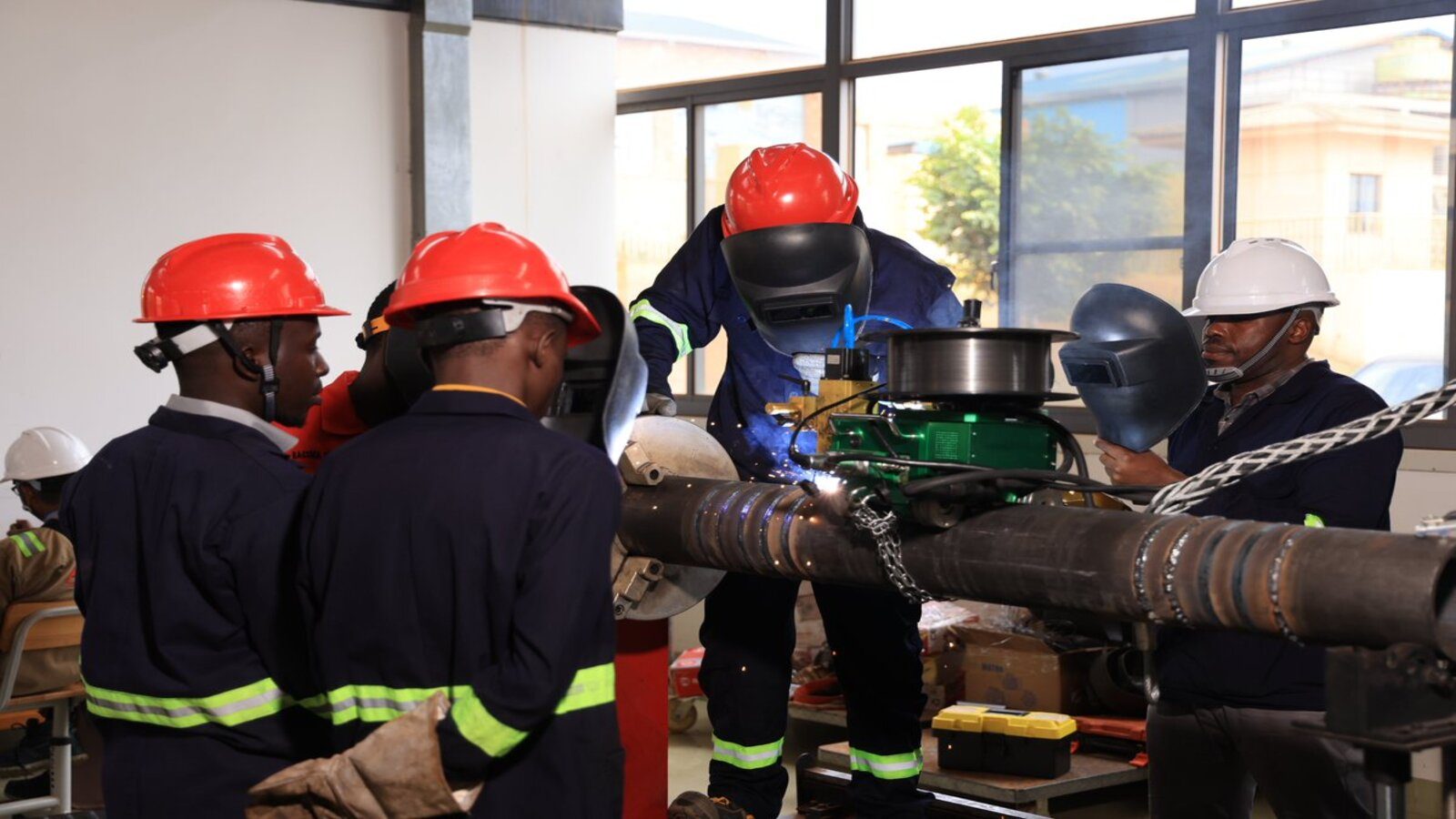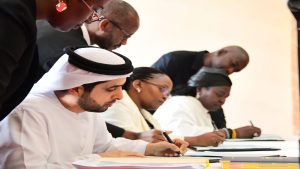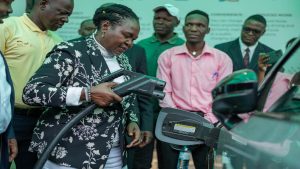Share
The East African Crude Oil Pipeline firm has started an advanced orbital welding training program to give local engineers and welders the know-how required for the region’s largest oil pipeline, and Ugandan welders have praised the initiative.

Up to 160,000 new jobs are anticipated to be created by Uganda’s oil industry, many of which will require specialized technical skills.
Imran Dilmohamud, an industry expert, led the orbital welding training program, which is a component of EACOP’s larger effort to improve local expertise and guarantee adherence to international pipeline welding standards. He introduced the trainees to orbital welding, a technique crucial to pipeline construction.
In contrast to conventional welding techniques, orbital welding reduces material waste and increases efficiency by producing precise, high-quality welds using an automated process. Although this technology is new in Uganda, it is commonly utilized in China, Europe, and the United States. The method guarantees quality and consistency, which is essential for a pipeline this size, Dilmohamud said.
Additionally, participants received instruction on how to cap the pipes using a flux core machine, which applies a protective coating to stop corrosion.
Since this will be the main welding technique utilized at the construction site, Dilmohamud underlined the need of being proficient in it.
The event was eye-opening and instructive for many of the trainees.
One participant, George William Barbatana, praised the training.
Because it is more automated, the process is straightforward, but it necessitates a solid welding foundation. This training is being offered for the first time in Uganda, and Barbatana stated, “I see a lot of potential for its application beyond pipeline welding, such as in tank and cylinder manufacturing.”
Participants originally found it difficult to understand the complexities of the orbital welding machine throughout the theoretical and practical training sessions.
By the end of the lesson, nevertheless, they were more comfortable using the equipment.
John Bosco Habumugisha, Deputy Managing Director of EACOP, praised the attendees and underlined the importance of the training for Ugandans.
“The world has come a long way, and it is imperative that the oil and gas industry embrace new technologies and contemporary techniques as we speed up oil extraction in Uganda. Nowadays, welding is a technology-driven process rather than one that depends only on human talent. This program gives participants the opportunity to practice using automated welding equipment, which are essential for building the East African Crude Oil Pipeline. This application uses cutting-edge methods, such as microscopic weld analysis, to guarantee accuracy and efficiency.
Projects like the Orbital Welding Training Program are essential for developing local talent and ensuring they are prepared to make a substantial contribution to the country’s energy future as Uganda moves on with its ambitious oil development.









